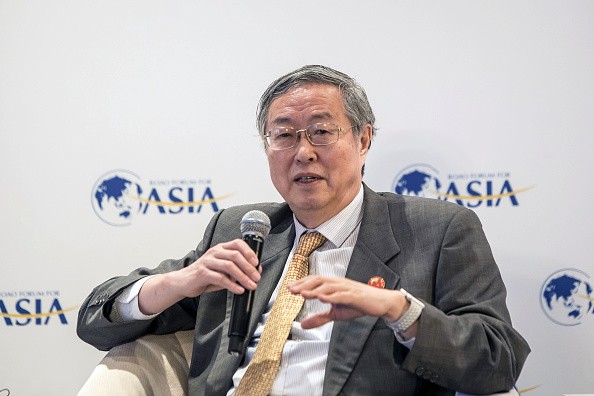A 31.5 percent increase in earnings were recorded by Chinese industrial firms in the first two months of 2017, compared to the same period last year, as prices of commodities, from coal to iron ore, soared while imports have started to pick up.
The growth in industrial profits is expected to increase fixed-asset investment, as it accelerated early in the year, which will give "smokestack" industries more money that it can use to pay their credits and corporate debts, Bloomberg reported.
The National Bureau of Statistics (NBS) said in a statement on March 28, that in the first two months of the year, the total industrial profits reached about 1.01 trillion yuan ($205 billion).
He Ping, an NBS official, said that the surge in earnings may be attributed to the faster rise in prices of steel, coal and crude oil.
According to the report, China industrial profits dropped slightly in 2015 and rose 8.5 percent last year, due to the rapid growth in prices of coal and raw materials such as iron ore, which were used as materials to provide for the construction boom.
The report said that the economy's strong start this year may be due to strong bank lending, the government infrastructure binge and the revival in private investment. At the start of the year, the government increased spending on expenditures up by 17.4 percent in the first two months of 2017, compared to 12 percent rise in the same period in 2016.
The report said that investors are keeping their balance between data about the strong economy and the uncertainty of new policy controls, which can result in higher borrowing costs and low business activity.
In February, producer prices rose rapidly, driven by stronger demand and government-imposed overcapacity reduction. But producer price gains are also expected to slow soon, according to economists and the statistics bureau.
"The base effects are not going to be as flattering in coming quarters. We're going to see a decline in profit growth and producer price inflation from now onwards," according to economist Julian Evans-Pritchard of Capital Economics, a Singapore-based firm.
Meanwhile, China is planning to open its financial sector as it hinted other countries about negotiations on how Chinese investors will be treated, Zhou Xiaochuan, People's Bank of China governor, said on Sunday, March 26, during the Boao Forum for Asia. The areas for potential liberalization include investment banking, insurance, securities firms and payment systems.
"China is very interested to see that Chinese investors, especially private investors, should get better treatment overseas in other countries," Zhou said.




























